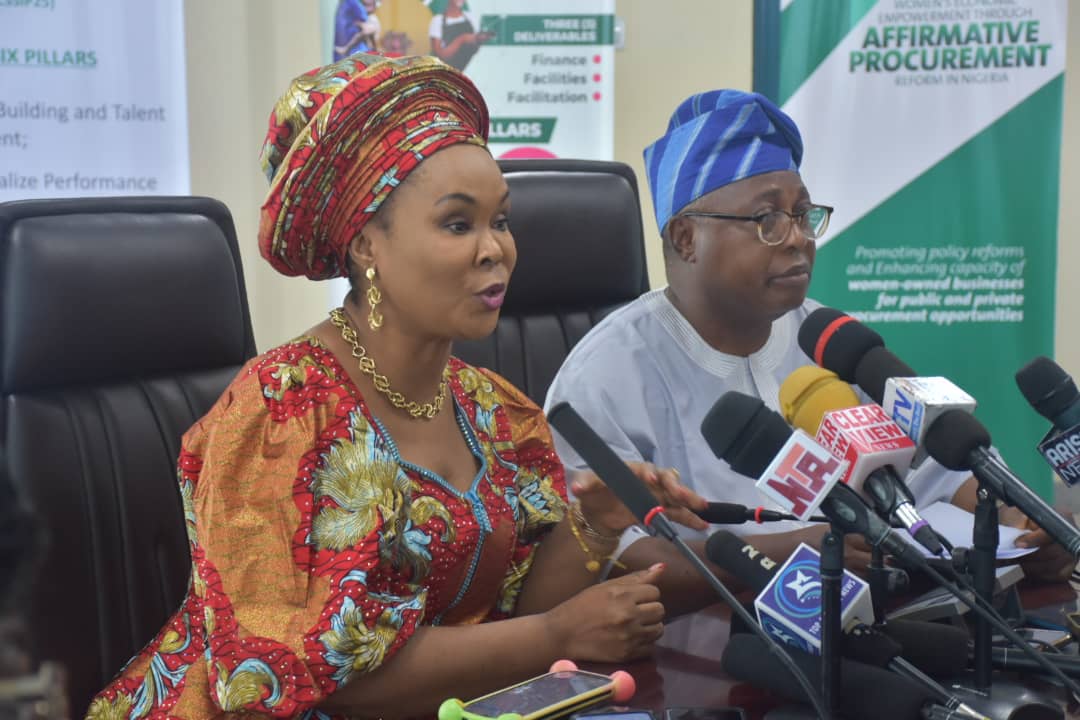The Federal Government has said women who protect husbands that molest their children will also be charged with negligence.
The Minister of Women Affairs, Uju Kennedy-Ohanenye, who said this, stressed that the government would no longer tolerate mothers whose children have been molested.
The minister said such wives may not want their husbands to be punished but explained that the government’s interest was in the protection of the child.
Kennedy-Ohanenye spoke in Abuja at a one-day awareness creation programme on: Using Information and Communication Technology (ICT) to Address Gender-Based Violence (GBV), organised by the Maryam Babangida National Centre for Women Development.
The minister said her ministry was planning the establishment of mobile courts to be established across the country to fight cases of GBV.
She added,
“Now, we can fight for the establishment of mobile courts to help fight GBV. The President is supporting it. Women should not take the advantage of this establishment to start causing trouble or maltreating our men but give peace a chance.
“As women, we also say no to violence and no to molestation. For instance, not only would men who molest their children be taken to court, but the mothers would also be charged for negligence.
“We would no longer tolerate mothers whose children have been molested, saying they don’t want their husbands to be taken to court, because our interest is in the child.
“We want to work towards women being well empowered; no more handouts. Why things have not been working in this country is because they kept us aside. The President is a ‘he for she’. So, we are going to capitalise on it and achieve what we want so that women can come on board. “So, now, we have to start encouraging our girls to go into anything they want to do.”
The centre’s director general, Dr. Asabe Bashir said in the effort to combat GBV, the centre was using ICT innovative solutions to spotlight such cases.
She said the centre’s electronic dash board displayed secondary data collated on reported and convicted cases disaggregated by sex and age.
These, the minister said, were verified cases sourced from newspaper reports and online news sources with the names of perpetrators, locations of where the offences were committed and the nature of judgments, amongst others.
She added that in today’s world of technology, using mobile applications, online reporting mechanisms, and virtual support networks could empower survivors to seek help and access resources discreetly.


